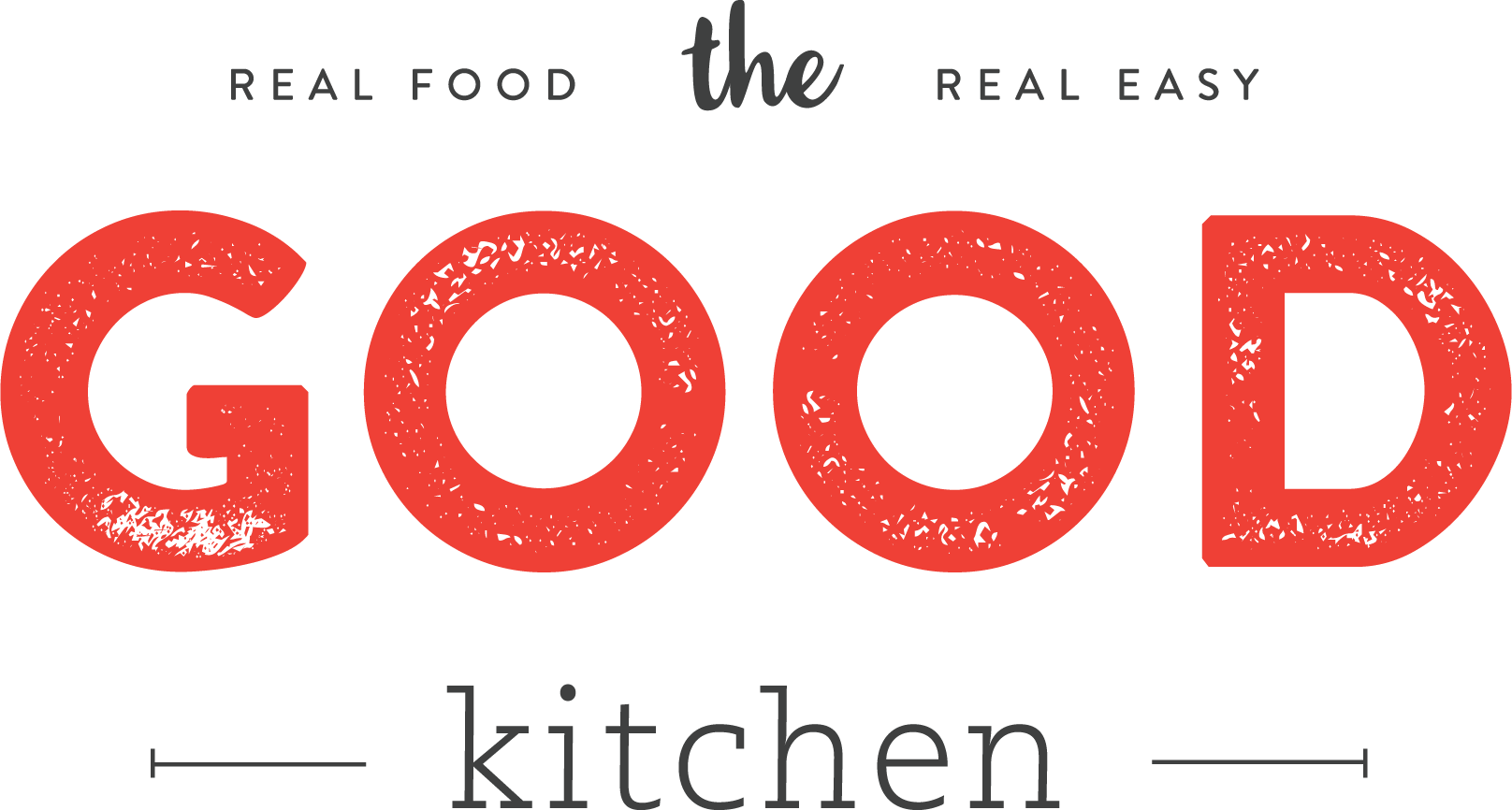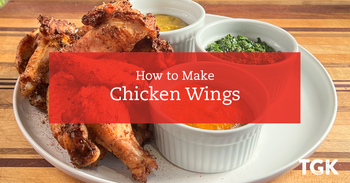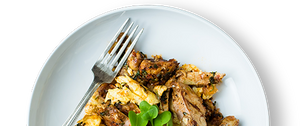Autoimmune-Friendly Offerings Now Available
Anti-inflamatory and Autoimmune-friendly foods now offered through The Good Kitchen Meal Delivery.

Chronic inflammation: It’s the unifying factor in an astounding number of diseases. It’s also become a buzzword in the nutrition world, and one that needs some demystifying.
“The four horsemen of the medical apocalypse — coronary artery disease, diabetes, cancer, and Alzheimer's — may be riding the same steed: inflammation.” – Harvard Health Letter
Inflammation itself is not something to fear. In the simplest terms, it’s your immune system’s response to stress. Short-term or “acute” inflammation serves a number of critical functions in protecting your body from harm. For instance, if your immune system detects an injury or infection, it rushes antibodies to the area to repair the damage, resulting in the redness and swelling we’ve all experienced after scratching a knee or banging an elbow.
So what’s so bad about chronic inflammation, and what does it have to do with diet?
– –
Acute Inflammation = healing after stress
Chronic Inflammation = wallowing in distress
Acute Inflammation = your friend visiting for the weekend
Chronic Inflammation = a stranger crashing on your couch for months
It’s one thing to heal a cut. It’s another to try to heal subtle and systemic damage that’s re-inflicted every single day, with every meal, or with every poor night’s sleep. When the damage never stops, neither does the inflammation – wreaking havoc on entire organ systems, cellular DNA, and your sense of wellbeing.
– –
LINK: [Symptoms of “adrenal fatigue” are often associated with inflammation]
– –
If you’re dealing with an autoimmune condition (like Rheumatoid arthritis, Crohn’s, Colitis, etc), this onslaught is constant: because the immune system misidentifies healthy tissue as a threat, it goes full “scorched earth” on your insides to try to eradicate the perceived problem. Heaping on inflammation-triggering foods only exacerbates the problem.

Unfortunately, the Standard American Diet (SAD) is rife with ingredients that provoke inflammatory responses (the bad kind). If you’re including hydrogenated oils, irritating proteins (like lactose)*, and added sugars in your daily meal rotation, you could be creating unnecessary stress for your immune system. But it’s not all about what you can’t eat, there are an abundance of foods that actively work to combat inflammation, calm your gut, and keep your immune system going strong.

Anti-inflammatory diets and the Autoimmune Protocol (AIP) diet are designed to reduce inflammation along the digestive tract, giving your immune system a rest and allowing it to allocate its resources in a healthier way. For those with autoimmune conditions, this can help alleviate symptoms and minimize the instance of painful inflammatory flare-ups. But for everyone, a diet that is mindful about inflammation can markedly raise your baseline by reducing fatigue, indigestion, headaches, joint pain, low-mood, and sleep troubles.
This way of eating is nothing fancy: it’s simple, it’s intuitive, and it’s delicious. It focuses on giving your body easy-to-digest, nutrient-dense ingredients in minimally processed forms. Think: grassfed proteins loaded with omega-3s, cruciferous vegetables with plenty of fiber, and fats from whole-food, non-hydrogenated sources.
– –
LINK: [You can find a list of foods to eat and food to pass up on the AIP diet here]
– –
If trying to figure out what foods will stress your immune system is enough to stress you out, check out our menu and take the guesswork out of your health goals. We’ve got your back.
*Protein reactivity is unique to each individual and related to a number of genetic and environmental factors. Some people may tolerate proteins like lactose and gluten well, while others will experience inflammatory symptoms or full-blown allergic responses






